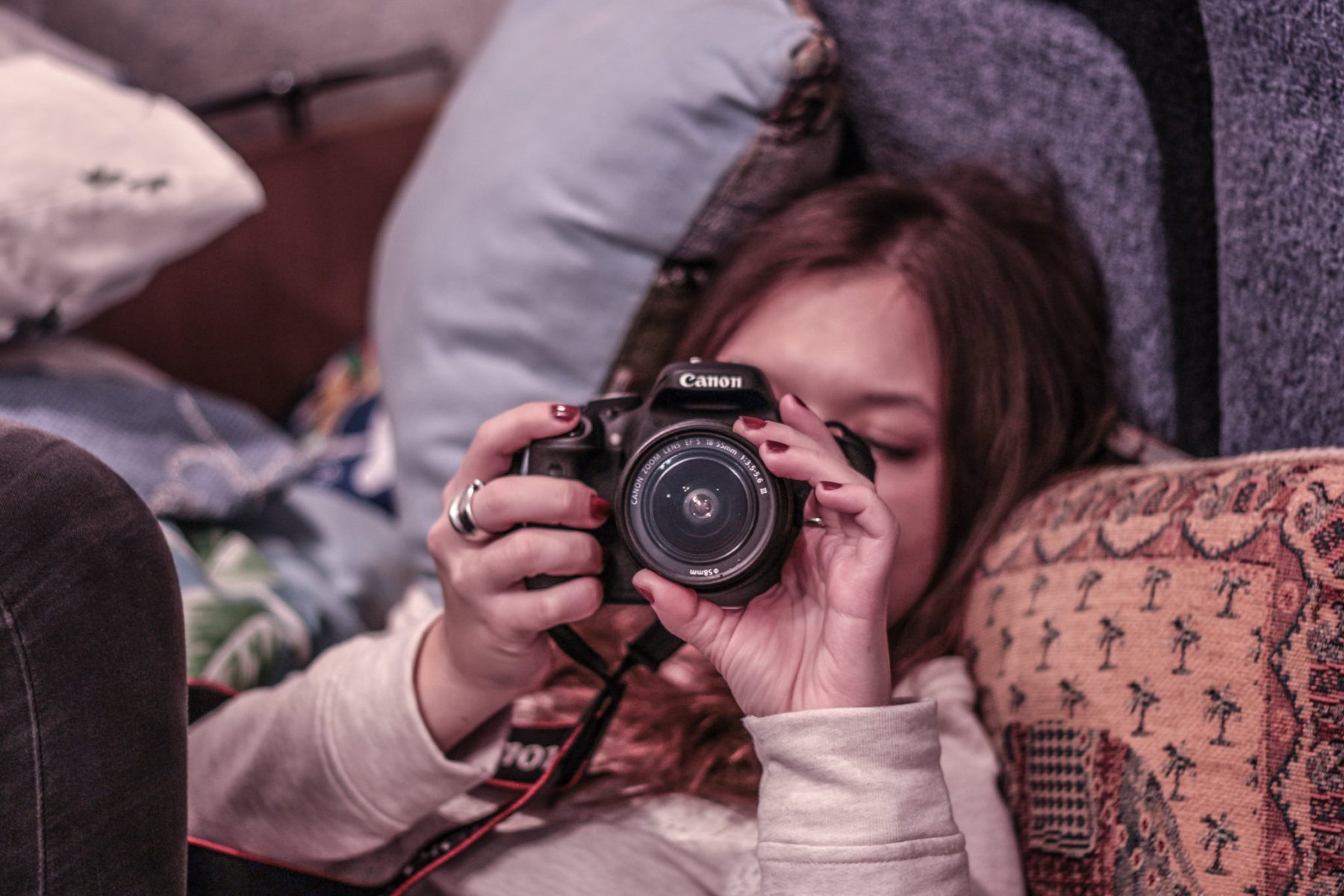My name is Anita, I am from Bulgaria. I’ve been studying Arabic language for 5 years in Sofia University. After I graduated, I came to Croatia, where I currently live with my husband. Several months after I came to Croatia, the refugee crisis in Europe started. there was an offer for a position in UNICEF.
I started working as an interpreter for UNICEF in the winter transit centre in Slavonski Brod, Croatia. At the beginning I thought I will be just an interpreter between two languages. It was more complex than I thought. There was this big issue with understanding the different dialects. The translators were asked to recognise if the refugees and migrants coming to Croatia were really from the country they were claiming. The police was asking them if they really were from Syria. Most of them were saying “Yes, yes, we are from Syria”, but people from Pakistan and Afghanistan who are not Arabs were also saying they were from Syria. This was their ticket to Europe.
The thing I wasn’t prepared for was to hear people’s stories. The whole team working in Slavonski Brod was not prepared for this whole situation, for the crisis. We didn’t have instructions how to communicate with the people. It wasn’t just a job, we had to work for twelve hours and then forget everything. It was really emotional. They [the refugees] weren’t given any information about their rights. On the other hand, it was a big problem for us who were working on their field, because we were there to provide them with help but we weren’t allowed to give them any information, because we ourselves didn’t know anything about their rights. People were asking for possibilities to work and study in Germany and we didn’t know. We were asking the police but they told us that when the refugees reach their “final stop”, they will be informed about the whole situation in the host country and about their rights. We could not provide them with any relevant information.
My advice to everyone is to communicate with people from other cultures. When we ask questions, we learn many new things and we become more open to new things and to new people in our lives.
